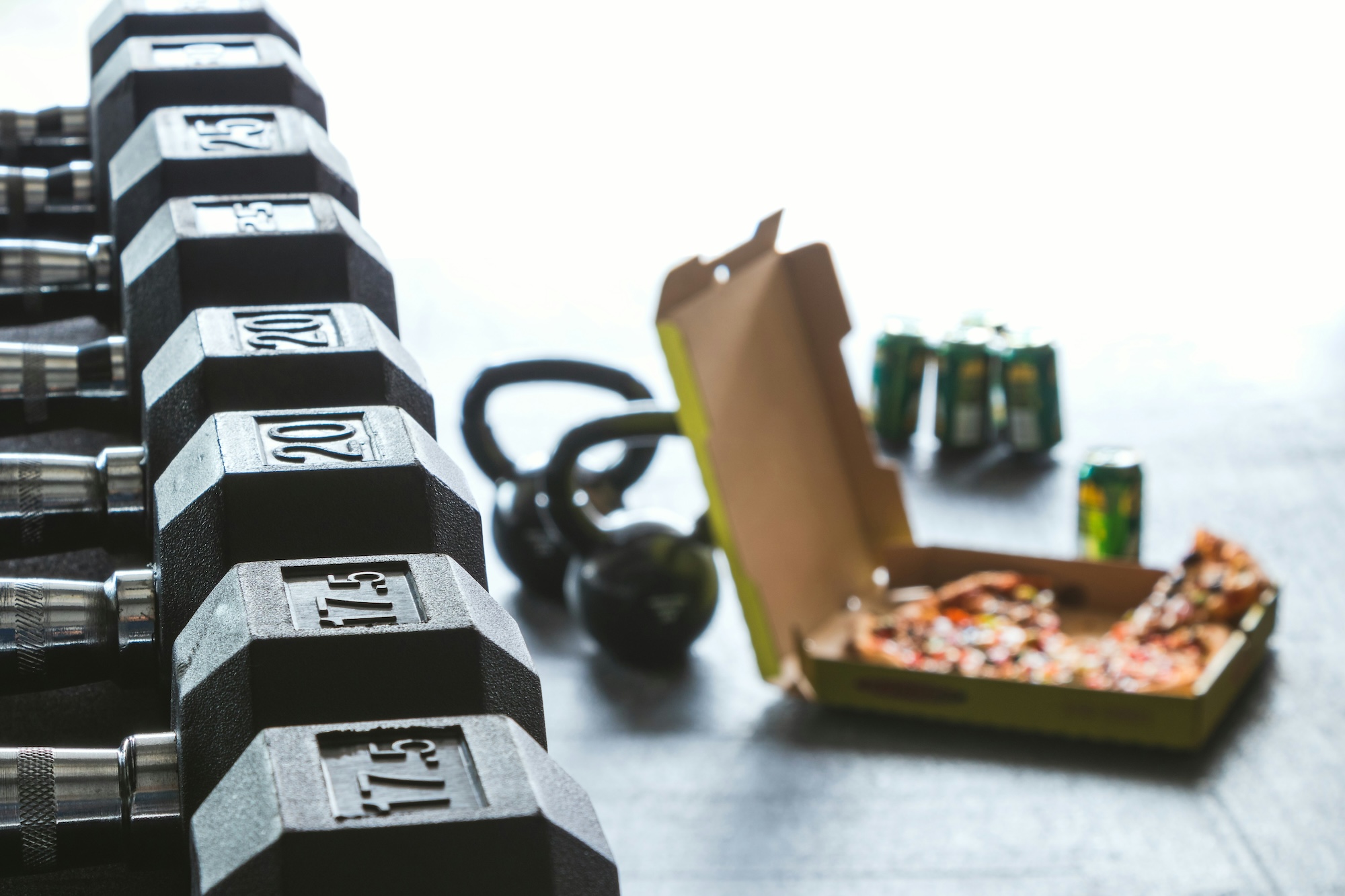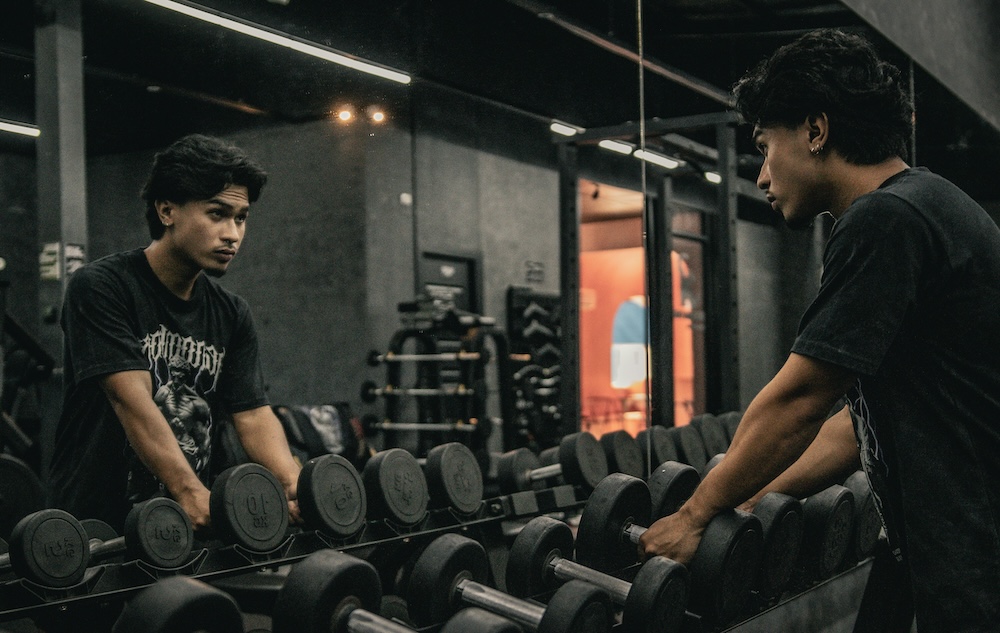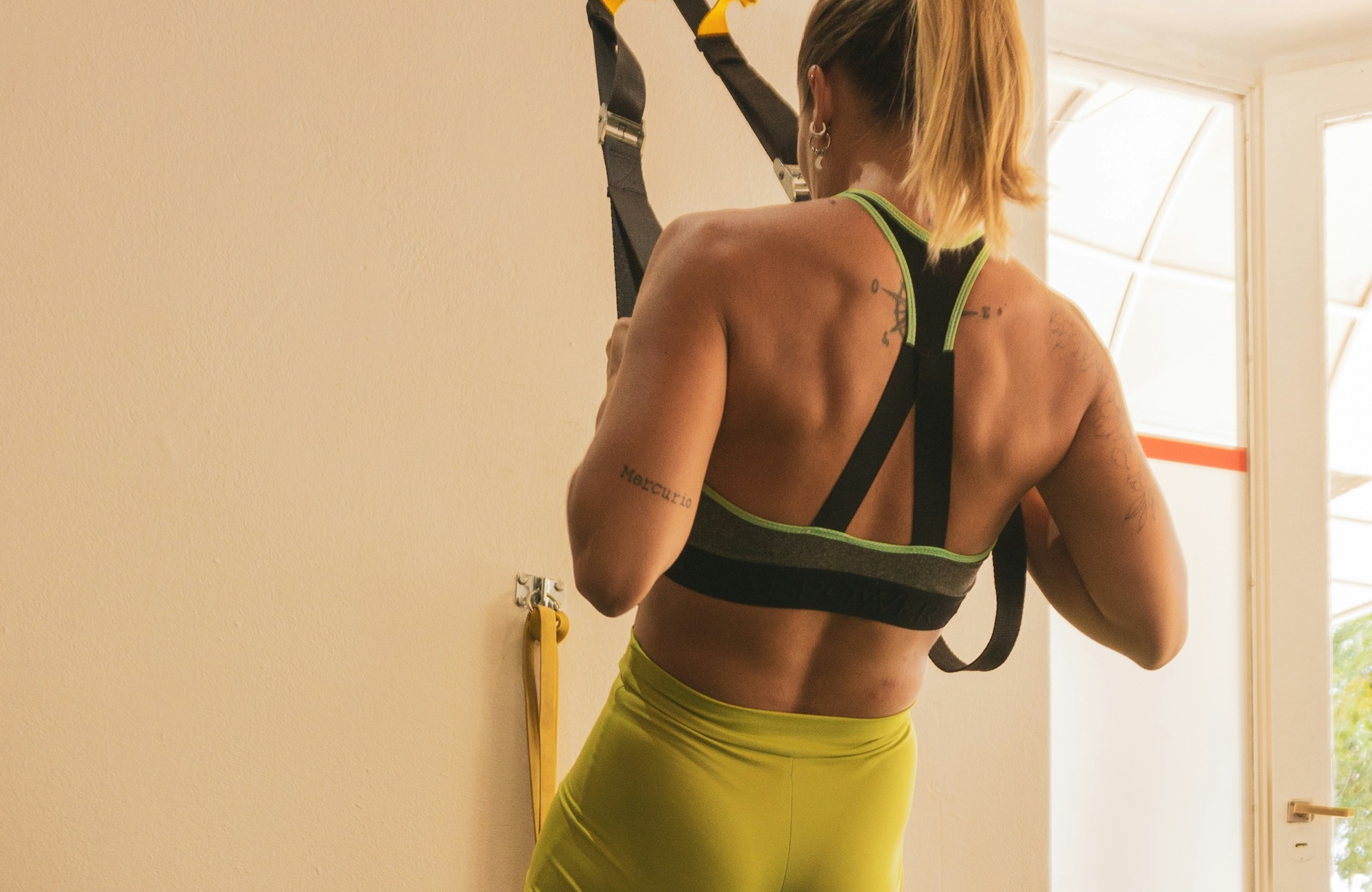How to Beat Gym Anxiety: Practical Tips and Tools
Walking into a gym for the first time — or even after some time away — can feel overwhelming.
You might worry about what people think, using machines incorrectly, or feeling out of place.
Gym anxiety is completely normal, and the good news is, there are real strategies to overcome it.
Here’s a practical guide to help you feel more confident and comfortable.
1. Have a Plan Before You Go
One of the biggest causes of gym anxiety is not knowing what to do once you’re there.
Instead of winging it, create a simple workout plan in advance.
You can:
Write down a list of exercises (e.g., squats, push-ups, rows)
Decide how many sets and reps you’ll do
Map out the order of exercises
Tip: Focus on basic, compound movements. You don’t need a complicated routine to start.
2. Choose Quieter Times
Gyms tend to be busiest:
Early mornings (6–9 AM)
Evenings (5–8 PM)
If possible, go during off-peak hours, like mid-morning or early afternoon.
There are fewer people, less waiting for equipment, and a more relaxed atmosphere — perfect for building confidence without feeling rushed.
3. Use Headphones and a Playlist
Music can be a powerful tool to manage nerves.
Create a playlist of songs that make you feel energized, strong, or calm.
With headphones in, it’s easier to stay focused on your own workout and block out distractions.
Tip: Upbeat or motivational tracks often work best to get you into the right mindset.
4. Stick to Simple Exercises
You don’t need to know every machine or perform complicated exercises to get a good workout.
Start with simple, effective exercises like:
Squats
Deadlifts
Push-ups
Dumbbell rows
Overhead presses
These movements work multiple muscles at once and can be done with minimal equipment.
Tip: Watch a few tutorial videos online to understand proper form — it helps you feel prepared and prevents injuries.
5. Focus on Yourself, Not Others
It’s easy to feel like people are watching or judging you — but most people are focused on themselves.
They’re thinking about their own workouts, their own form, their own progress.
Remind yourself:
Everyone was a beginner once.
Most people respect others for showing up and working hard.
You belong in the gym just as much as anyone else.
6. Set Small, Achievable Goals
Instead of overwhelming yourself with huge goals, focus on small wins:
“Complete today’s workout.”
“Try one new exercise.”
“Stay for 30 minutes.”
Small achievements build momentum and confidence over time.
7. Bring a Workout Buddy
If you’re nervous, bringing a friend can make a big difference.
It helps you feel less isolated, and having someone with you can make the experience more fun and less intimidating.
Tip: Choose a supportive partner who encourages you, not someone who adds extra pressure.
8. Consider Hiring a Personal Trainer (Short-Term)
If you’re really struggling with confidence, booking a few sessions with a qualified personal trainer can help.
They can:
Teach you correct form
Show you how to use machines
Build a basic program for you
You don’t need a trainer forever — just enough to give you the skills to feel confident on your own.
9. Practice Self-Compassion
You’re doing something challenging — give yourself credit for showing up.
Progress doesn’t have to be perfect to be powerful.
If you feel awkward or nervous at first, that’s okay.
It gets easier the more you practice.
Final Thoughts
Gym anxiety is real, but it’s not permanent.
With a little preparation, the right mindset, and consistent practice, you can turn the gym from a place of fear into a place of pride.
Every time you walk in, you’re investing in your health, strength, and self-confidence — and that’s something to be proud of.




